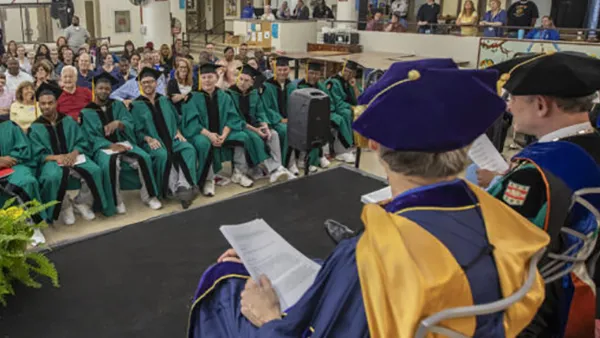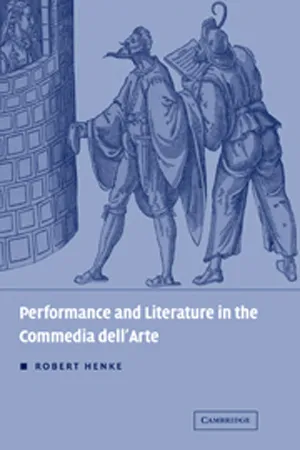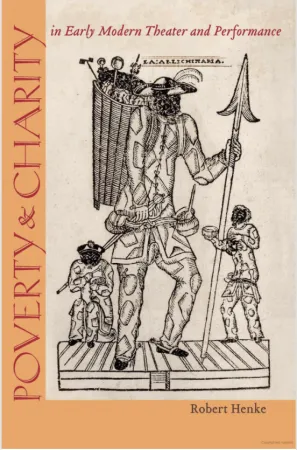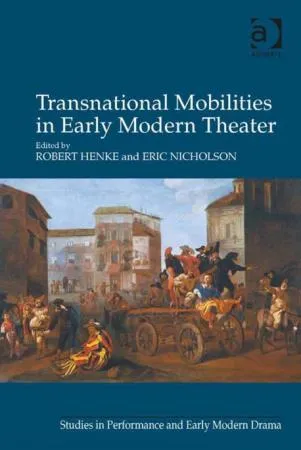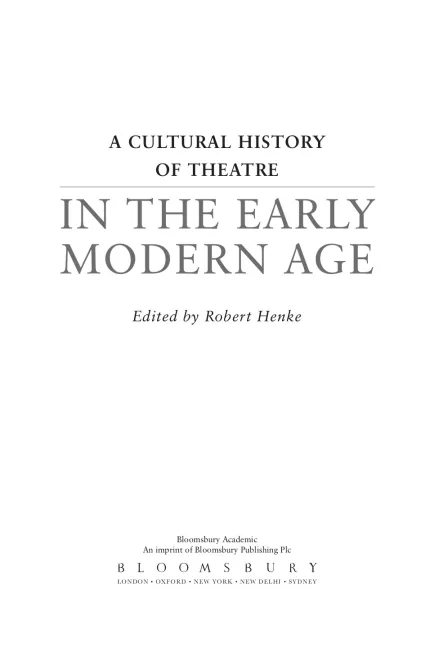Professor Henke is presently working on three projects: a study of Shakespeare and Italian plays, scenarios and novellas; an examination of international early modern theatrical networks; and a performance-centered source book of commedia dell’arte and related popular piazza literature.
Professor Henke is presently completing a book on the interplay between the Italian novella, Italian scripted comedy, and the commedia dell’arte in fourteen plays of Shakespeare.
He considers the novellas of Boccaccio, Cinthio, and Bandello; the scripted plays of Ariosto, Gli Intronati and others; and the improvisation-based Italian early modern professional theater to be part of one “theatrical system” whose resonance in Shakespeare’s plays he argues to be much more important than previously considered. He is less interested in tracking the one-to-one transmission of Italian “source” to a given Shakespeare play than in considering how an entire network of narrative and theatrical moving parts (“theatergrams”) is absorbed into Shakespeare’s comedies, tragedies, and late plays.
Relative to this major project, he is helping to translate Italian novellas used by Shakespeare (either directly or via translation) into English versions that can be viewed side-by-side with the Italian originals. For this, he is working with a research team, based in Verona, Italy: SENS: Shakespeare’s Narrative Sources: Italian Novella and their European Dissemination.
For the Anglo-Italian Renaissance Studies Reprint Series, Edizioni ETS in Pisa, Italy is publishing in 2026 a collection of eighteen articles or book chapters that he has published on early modern theater and performance, including essays on Dario Fo and Edward Bond.
Finally, he is preparing a volume, for both scholars and actors, of forty of the extant eighty scenarios of Dominico Biancolelli, the great Italo-French Harlequin actor contemporary with Molière. English Translation: Nicholas Henke; Introduction and Notes: Robert Henke.
Robert Henke has published three single-authored books: Pastoral Transformations: Italian Tragicomedy and Shakespeare’s Late Plays (University of Delaware Press, 1997); Performance and Literature in the Commedia dell’Arte (Cambridge University Press, 2002); and Poverty and Charity in Early Modern Theater and Performance (University of Iowa Press, 2015).
With Eric Nicholson, he has coedited two essay collections published by Ashgate and issuing from the “Theater Without Borders” research collective, of which he is a founding member: Transnational Exchange in Early Modern Theater (2008) and Transnational Mobilities in Early Modern Theater (2014). He has edited, with M.A. Katritzky, European Theatrical Performance Practice, 1580-1750 (Ashgate, 2014). Most recently he has edited A Cultural History of Western Theatre (Bloomsbury Academic).
Professor Henke has written one play: The COVID Mysteries, a contemporary adaptation of the medieval “mystery” play that was performed by the Washington University Performing Arts Department in April, 2021.

